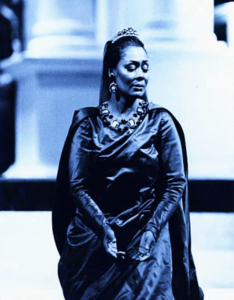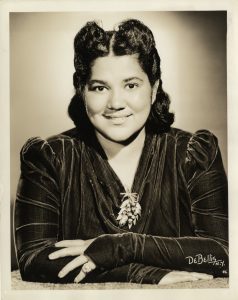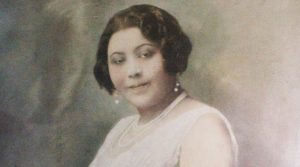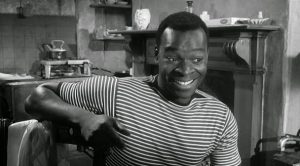Podcast: Play in new window | Download (Duration: 1:33:00 — 127.7MB) | Embed
Subscribe: Spotify | TuneIn | RSS | More
Another episode of Christmas music! The first part is a continuation of the previous All-Tenor Holiday Extravaganza. We hear from Luther Saxon, Roland Hayes, James Melton, Brian Sullivan, Richard Crooks, Raoul Jobin, Jussi Björling, Richard Verreau, Fritz Wunderlich, Rudolf Schock, René Kollo, John McCormack, Peter Schreier, and Mel Tormé (with an assist from Judy herself!) And for those who have ambivalent feelings about this holiday, the final third of the program foregrounds six of my most favoritest Depressing Christmas Pop Songs, sung by Eileen Farrell, Rita Gardner, Joni Mitchell, Edith Piaf, Judy Garland and (in memory of Marie Fredriksson), Roxette. A line from Judy’s song “After the Holidays” (words and music by the late John Meyer) provides the inspiration for the episode title: “I know it’s hard, but try.”
Countermelody is the podcast devoted to the glory and the power of the human voice raised in song. Singer and vocal aficionado Daniel Gundlach explores great singers of the past and present focusing in particular on those who are less well-remembered today than they should be. Daniel’s lifetime in music as a professional countertenor, pianist, vocal coach, voice teacher, and author yields an exciting array of anecdotes, impressions, and “inside stories.” At Countermelody’s core is the celebration of great singers of all stripes, their instruments, and the connection they make to the words they sing. By clicking on the following link (https://linktr.ee/CountermelodyPodcast) you can find the dedicated Countermelody website which contains additional content including artist photos and episode setlists. The link will also take you to Countermelody’s Patreon page, where you can pledge your monthly or yearly support at whatever level you can afford.





